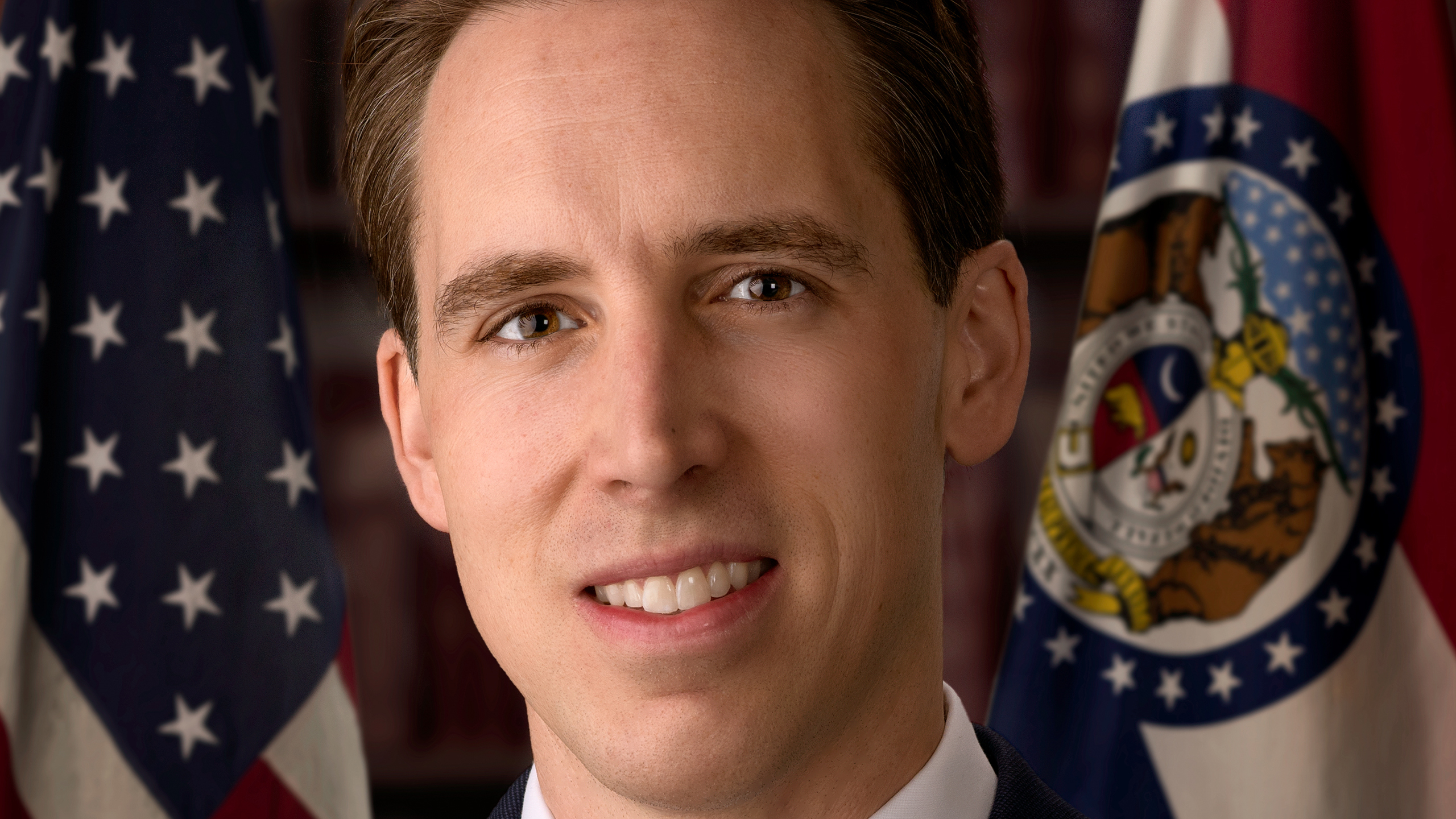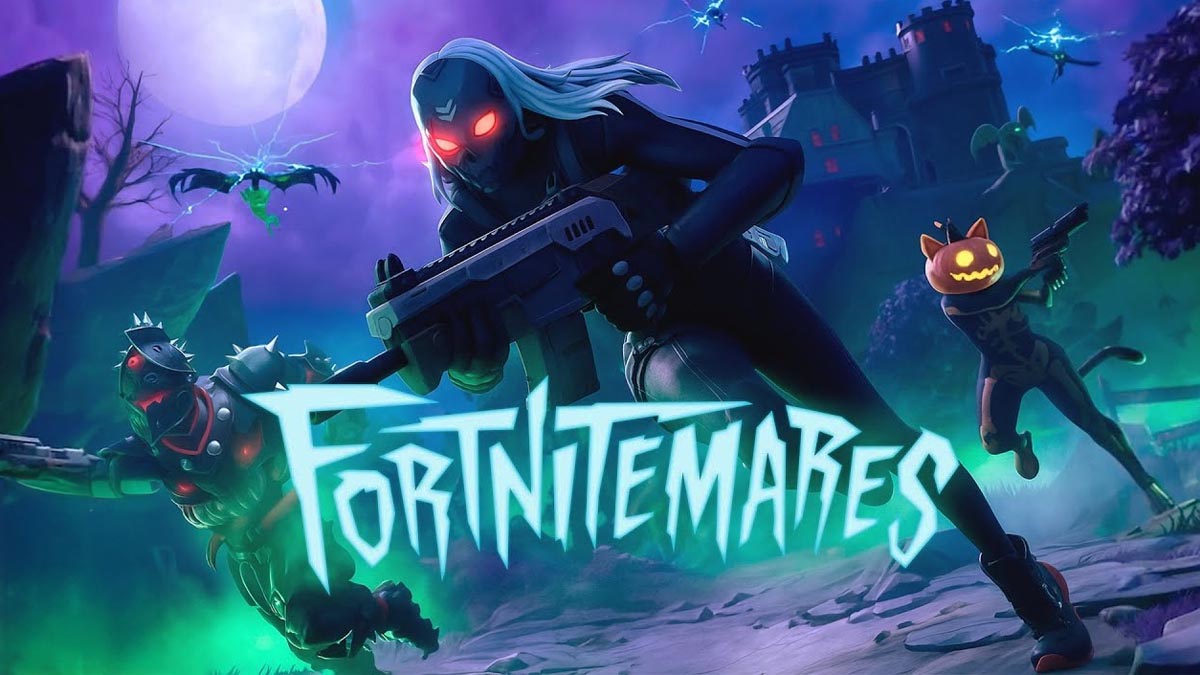You can trust VideoGamer. Our team of gaming experts spend hours testing and reviewing the latest games, to ensure you're reading the most comprehensive guide possible. Rest assured, all imagery and advice is unique and original. Check out how we test and review games here
The ongoing battle between politicians worldwide and publishers on the subject of loot boxes saw another significant development last night, as US Senator for Missouri Josh Hawley announced he is to introduce legislation to ban 'manipulative video game features aimed at children' including lootboxes and pay-to-win mechanics.
As spotted by Kotaku, the bill was announced on Senator Hawley's website and is entitled 'The Protecting Children from Abusive Games Act' and if passed could see several forms of controversial mechanics prohibted in the US in games targeted at those under 18 as determined by 'subject matter, visual content and other indicators' as well as 'games with wider audiences whose developers knowingly allow minor players to engage in microtransactions.'
The bill itself defines loot boxes as 'Microtransactions offering randomized or partially randomized rewards to players' and Play to Win mechanics in single player games as 'manipulation of a game’s progression system – typically by building artificial difficulty or other barriers into game progression – to induce players to spend money on microtransactions to advance through content supposedly available to them at no additional cost' and covers multiplayer games as 'manipulation of the competitive balance between players of multiplayer games by allowing players who purchase microtransactions competitive advantages over other players.'
Enforcement of these new rules would fall to the Fedral Trade Comission, and could have far reaching consequences on publishers and others who distribute these games. The Entertainment Software Asscoation – a video game lobbyist group – has so far responded with a statement to Kotaku, citing many other countries including the United Kingdom who determined that lootboxes did not constitute gambling, and that they 'look forward to sharing with the senator the tools and information the industry already provides that keeps the control of in-game spending in parents’ hands.'
Today, Sen. Hawley announced upcoming legislation banning the video game industry's use of "pay-to-win" and "loot box" monetization schemes → "They need to be upfront about what their games are actually doing, and they need to stop practices that intentionally exploit children." pic.twitter.com/huQsl8eRV4
— Senator Hawley Press Office (@SenHawleyPress) May 8, 2019
It certainly looks like the issue will continue to be a bone of contention for some time to come, with Belgium being the most previous high profile example having FIFA Points removed from sale in the country earlier this year.







